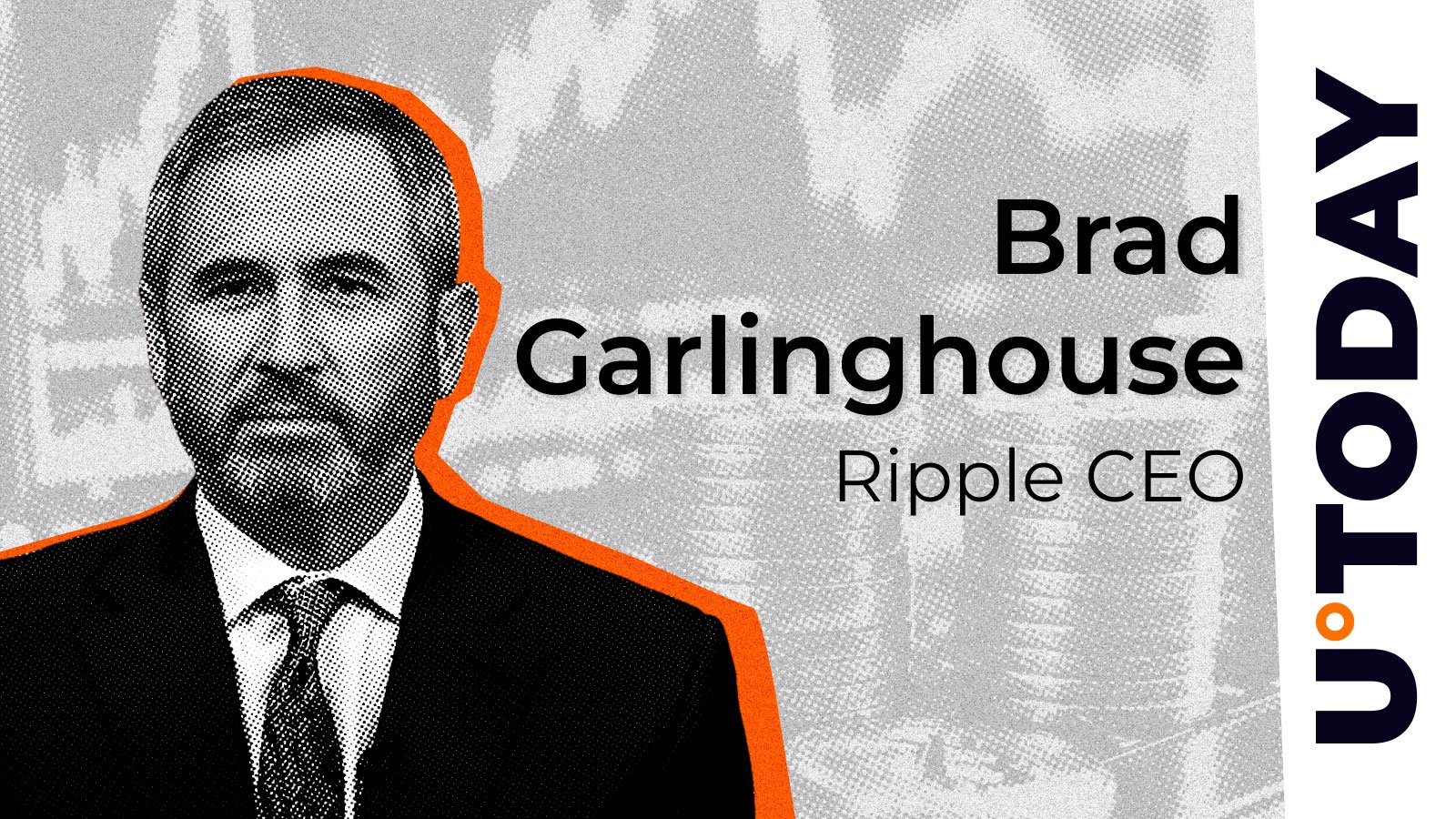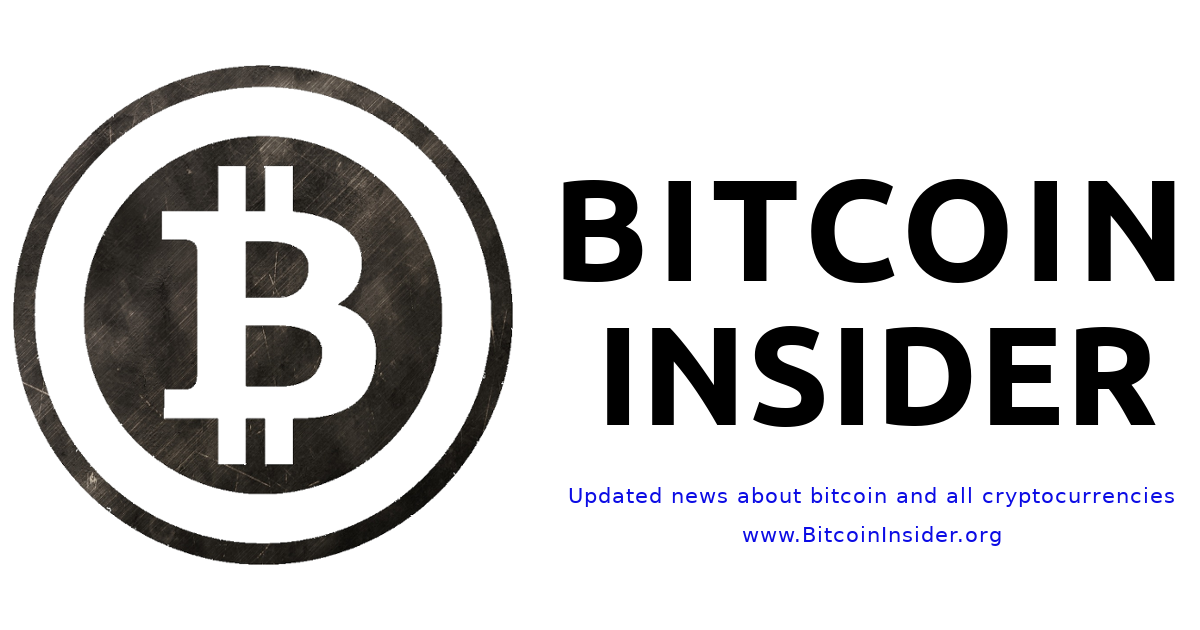Ghana's Crypto Crackdown & Licensing Surge

The Bank of Ghana has formally initiated a significant regulatory process for the country's burgeoning virtual asset sector, issuing a directive that mandates all Virtual Asset Service Providers (VASPs) operating within Ghana to register with the Bank. This registration is a foundational step in identifying and assessing entities involved in virtual asset-related activities, setting the stage for a more structured digital asset ecosystem.
The scope of this mandatory registration is comprehensive, encompassing a wide array of services. These include, but are not limited to, the provision of virtual asset exchange services, secure wallet custody, settlement or transfer services involving virtual assets, and all services linked to the issuance or sale of virtual assets, prominently featuring initial coin offerings (ICOs) and stablecoins. The directive clarifies that this requirement applies to all VASPs serving individuals residing in Ghana, irrespective of whether their operations are through a physical presence within the country or a digital platform accessible from Ghana. All qualifying VASPs are required to complete the registration form by the deadline of 15 August 2025.
It is critical to note that the Bank of Ghana has explicitly stated that while registration is compulsory, it does not confer a license to operate, nor does it imply legal recognition or approval of the entities or their services. Non-compliance with this directive may lead to stern regulatory action or potential exclusion from future licensing opportunities. The Bank has also reserved the right to issue further instructions as the outcomes of this initial registration process are analyzed, emphasizing its commitment to developing a robust legal and regulatory framework that is responsive to current market dynamics and aligned with international standards.
This registration initiative is part of Ghana's broader strategy to regulate its rapidly expanding cryptocurrency industry, which has witnessed substantial growth in recent years. The Bank of Ghana is actively developing a comprehensive regulatory framework for the digital asset space, with plans to present it to Parliament by September 2025. This proactive stance is a direct response to the escalating demand for cryptocurrencies across the West African nation.
The move is also motivated by a dual objective: to ensure the country can generate revenue from the digital assets sector and to bolster efforts to stabilize the national currency, the Ghanaian cedi. Ghana has experienced significant currency volatility, with the cedi appreciating by over 40% against the US dollar in 2025, following a nearly 20% depreciation in 2024. Such fluctuations have complicated the central bank's inflation control measures. The widespread and often unreported use of digital currencies is a growing concern, with approximately 17.3% of Ghanaian adults, equating to about 3 million people, owning digital assets. This unrecorded usage makes it challenging for the government to track money flows and can exacerbate financial instability, hindering the central bank's ability to implement effective monetary policy.
To address these challenges, the licensing of cryptocurrency platforms is viewed as an essential step. This will improve transaction oversight, strengthen economic controls, and bring greater transparency and accountability to Ghana's emerging digital assets market. The sheer scale of crypto activity underscores this necessity; in the 12 months leading up to June 2024, crypto transactions in Ghana alone reached US$3 billion, forming part of a larger US$125 billion digital asset investment across sub-Saharan Africa. This surge has intensified the pressure on the central bank to establish clear and enforceable regulatory guidelines.
Through these planned frameworks and the current registration exercise, Ghana aims to foster sustainable growth in the digital asset sector while safeguarding the country’s overall financial stability and integrity.
Recommended Articles
Ghana Unleashes Crypto Crackdown: New Mandatory Registration & Licensing Regulations Spark Debate

The Bank of Ghana has mandated registration for all Virtual Asset Service Providers (VASPs) by August 15, 2025, as part ...
US Stablecoin Law: Global Finance Braces for Major Regulatory Shifts

The U.S. has enacted its first major federal cryptocurrency law, the GENIUS Act, which aims to regulate stablecoins and ...
Ripple CEO Crushes $200M Stablecoin Deal Rumors

Ripple has acquired Rail for $200 million to strengthen its stablecoin payment infrastructure, aligning with the growth ...
Trump Unleashes GENIUS Act: New Stablecoin Law Set to Ignite Dollar's Global Dominance!

Mid-July marked a transformative period for the crypto industry, highlighted by the signing of the landmark GENIUS Act i...
US Green Lights Crypto: New Regulations Fuel Monumental Surge!

The cryptocurrency market has reached a record $4 trillion valuation, propelled by surging Bitcoin and XRP prices, along...
You may also like...
Boxing Icon's Son in Legal Turmoil: Julio Cesar Chavez Jr. Faces Cartel Allegations & Deportation Drama!

Mexican boxer Julio César Chávez Jr. has been deported from the U.S. to Mexico, where he was immediately jailed for alle...
Super Falcons Make History: Nigeria Crowned WAFCON Champions for 10th Time in Thrilling Win!
)
Nigeria's Super Falcons made history by clinching their 10th Women's Africa Cup of Nations title with a spectacular 3-2 ...
Paolo Sorrentino's 'La Grazia' Dazzles Venice, Earns Raves

Paolo Sorrentino's latest film, 'La Grazia,' captivated the Venice Film Festival, earning a four-minute standing ovation...
KPop Demon Hunters Ignites Oscar Buzz, Captivates Audiences

The animated film "KPop Demon Hunters" has emerged as a record-breaking global phenomenon, topping Netflix viewership ch...
Naira Marley Breaks Silence: Explosive Defense in Mohbad Case Rocks Nigeria!

Naira Marley has released a documentary sharing his side of the story regarding the tragic death of his former signee, M...
Fans Buzzing as Reading & Leeds Festival Teases Major Secret Headliners!

Anticipation is high for the 2025 Reading and Leeds Festivals, with widespread rumors of secret sets from bands like Wol...
Britpop Backlash: Oasis Reunion Fuels Fan Fury, Ticketmaster Under Fire!

Oasis is set to embark on a highly anticipated reunion tour with Andy Bell confirming his involvement, playing 41 dates ...
Swift-Kelce Mania: Engagement Rocks Pop Culture, Sparks Super Bowl Buzz!

NFL star Travis Kelce provides a rare insight into his "normal" relationship with Taylor Swift, confirming their engagem...